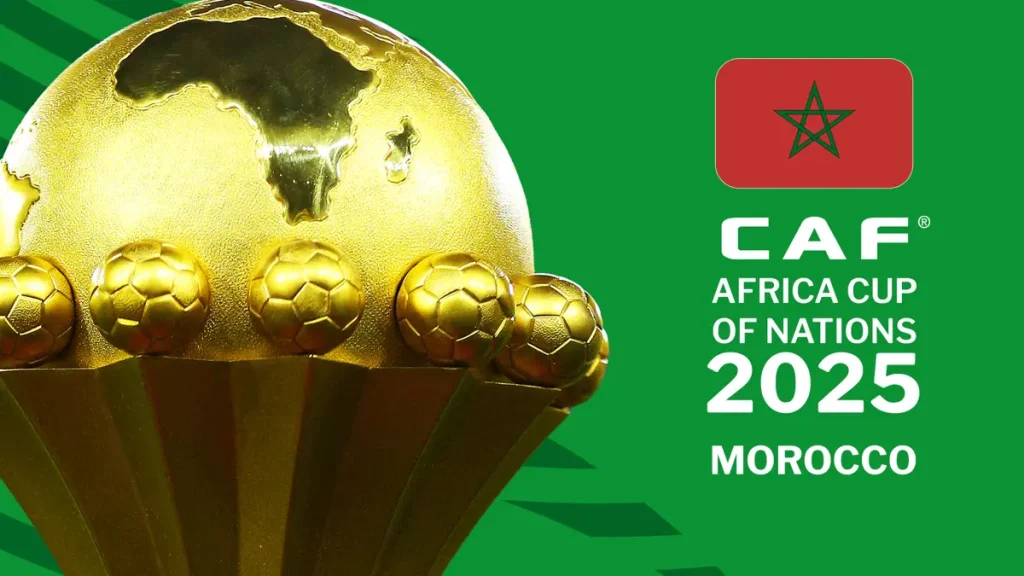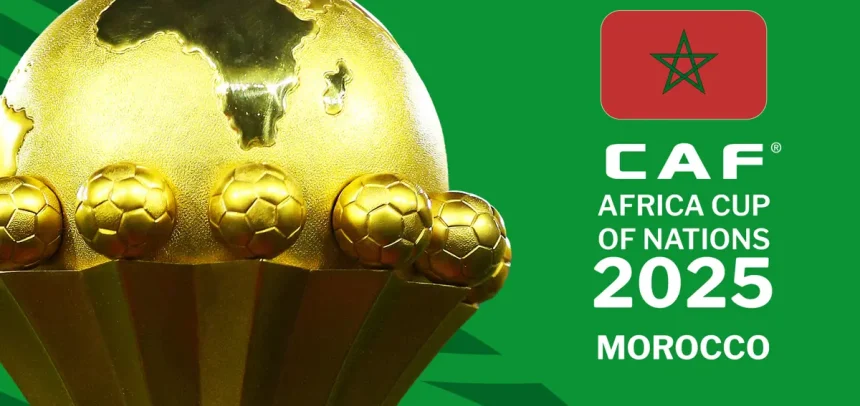Morocco’s historic run to the 2022 World Cup semifinals reshaped global perceptions of African football. As the Atlas Lions prepare to host the 2025 Africa Cup of Nations (AFCON), questions loom: Can they leverage their squad depth, harness World Cup momentum, and defy the host nation “curse” that has seen only Egypt (1959, 1986, 2006) and Ethiopia (1962) win AFCON on home soil?
Morocco’s World Cup success was built on defensive solidity, with goalkeeper Yassine Bounou, captain Romain Saiss, and flying full-back Achraf Hakimi forming an impenetrable backbone.

Midfield metronome Sofyan Amrabat’s tireless work rate and creative sparks Hakim Ziyech and Youssef En-Nesyri added flair. Today, coach Walid Regragui boasts even greater depth. Emerging talents like Bilal El Khannouss (19) and Eliesse Ben Seghir (19) inject youthful energy, while veterans provide stability.
However, reliance on key players like Amrabat and Hakimi remains a risk; injuries could test their bench strength, particularly in central defense.
Morocco’s 2022 campaign shattered ceilings, defeating Belgium, Spain, and Portugal with tactical discipline and counterattacking brilliance.
This “golden generation” carries unmatched confidence into AFCON. Regragui has cultivated a cohesive unit that thrives under pressure, blending European-born stars with homegrown talent.
The World Cup proved Morocco can compete with the best—now, they must translate that into continental dominance.
Since Ethiopia’s 1962 triumph, only Egypt has conquered AFCON as hosts (three times).
Recent hosts like Cameroon (2021) and Ivory Coast (2024) faltered under expectations. The reasons are multifaceted: intense scrutiny, tactical overcaution, and the weight of a nation’s hopes. For Morocco, managing psychological pressure will be as critical as on-field performance.
Moroccan fans have redefined support through innovative campaigns. During the World Cup, virtual watch parties united millions globally, while hashtags like #DimaMaghrib (“Always Morocco”) trended for weeks.
For AFCON, supporters are launching social media challenges—from TikTok goal celebrations to fan art contests—to amplify home advantage. Stadiums will undoubtedly roar, but this digital groundswell could fortify player morale, transforming the nation into a twelfth man.
Morocco’s ingredients for success are compelling: a deep squad, tactical acumen, and fervent fan support. Yet history’s shadow lingers.
To overcome it, Regragui must balance attacking ambition with the pragmatism that defined their World Cup run. If Ziyech and En-Nesyri fire upfront, and the defense maintains its resilience, Morocco could emulate Egypt’s host triumphs.
In a continent where narratives often hinge on legacy, Morocco stands at a crossroads. Their World Cup heroics proved they belong on the global stage; now, AFCON offers a chance to cement their African dominance. With a nation rallying behind them—both in stadiums and online—the Atlas Lions are poised to roar louder than ever. The jinx may be daunting, but if any team can rewrite history, it’s this one.

